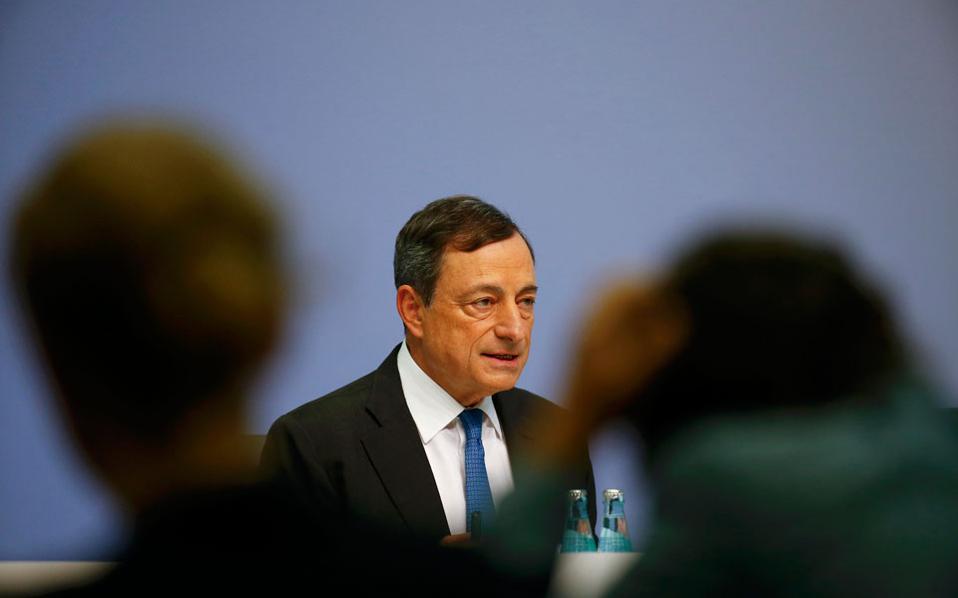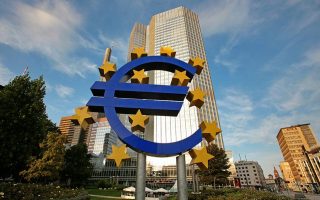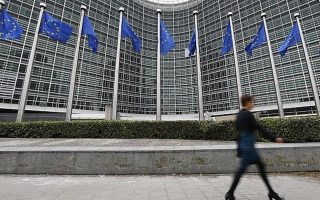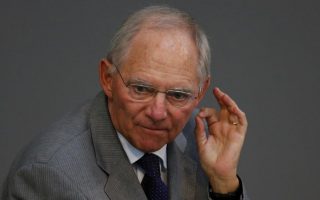Draghi says Greece’s place in euro not doubted as funding raised

The European Central Bank granted more emergency liquidity assistance for Greek banks after the country’s parliament agreed reform measures and euro-area nations approved short-term funding, Mario Draghi said.
“Things have changed now,” the ECB president said at a press conference in Frankfurt on Thursday. “We had a series of news with the approval of the bridge financing package, with the various votes in various parliaments, to begin with in the Greek parliament, which have now restored the conditions for a raise in ELA.”
The ECB step marks a turning point in Greece’s most recent debt crisis, potentially paving the way for the nation’s shuttered banks to reopen after more than two weeks of closure and capital controls. Greece’s parliament debated for more than four hours into early Thursday morning to approve the austerity measures that are a precondition for talks on an aid package of as much as 86 billion euros ($94 billion).
“We always acted on the assumption that Greece will remain a member of the euro area,” Draghi said. “There was never a question.”
The ECB “substantially accommodated” the Bank of Greece’s request for funding, raising the limit by 900 million euros, Draghi said. The amount requested was accommodated in full, though “scaled to one week,” he said. The ECB acted after euro-area finance ministers agreed in principle to extend a 7 billion-euro ($7.6 billion) bridge loan.
The ECB granting of more liquidity contrasts with an earlier proposal. Officials had suggested a continuing freeze, people familiar with the matter said.
ECB response
The risk that Greece would exit the euro area perceived in the financial markets did not derail the region’s economic recovery, the ECB president added. Nevertheless, if risks arise that monetary conditions could worsen, the ECB stands ready to use its arsenal in response.
“If unwarranted tightening or if outlook for price stability were to materially change, the Governing Council would respond by using all the instruments available within its mandate,” he said. “Economic risks have been contained as a result our monetary policy” measures.
Instead, the region’s economy continues to show signs of growth and even the potential for a pickup in investment, Draghi said. The European Central Bank maintained its higher pace of asset purchases in June before liquidity dries up in the region’s summer vacation period. The ECB bought 63.2 billion euros of public and private debt under its quantitative-easing program, data on the institution’s website showed on Monday. Purchases rose by 63.1 billion euros in May.
“The Governing Council will follow its monetary policy strategy and concentrate on trends in inflation and the medium term outlook for price stability,” Draghi said, speaking after the ECB left its interest rates and asset purchase programs unchanged. “The asset purchase programs continue to proceed smoothly.”
[Bloomberg]





